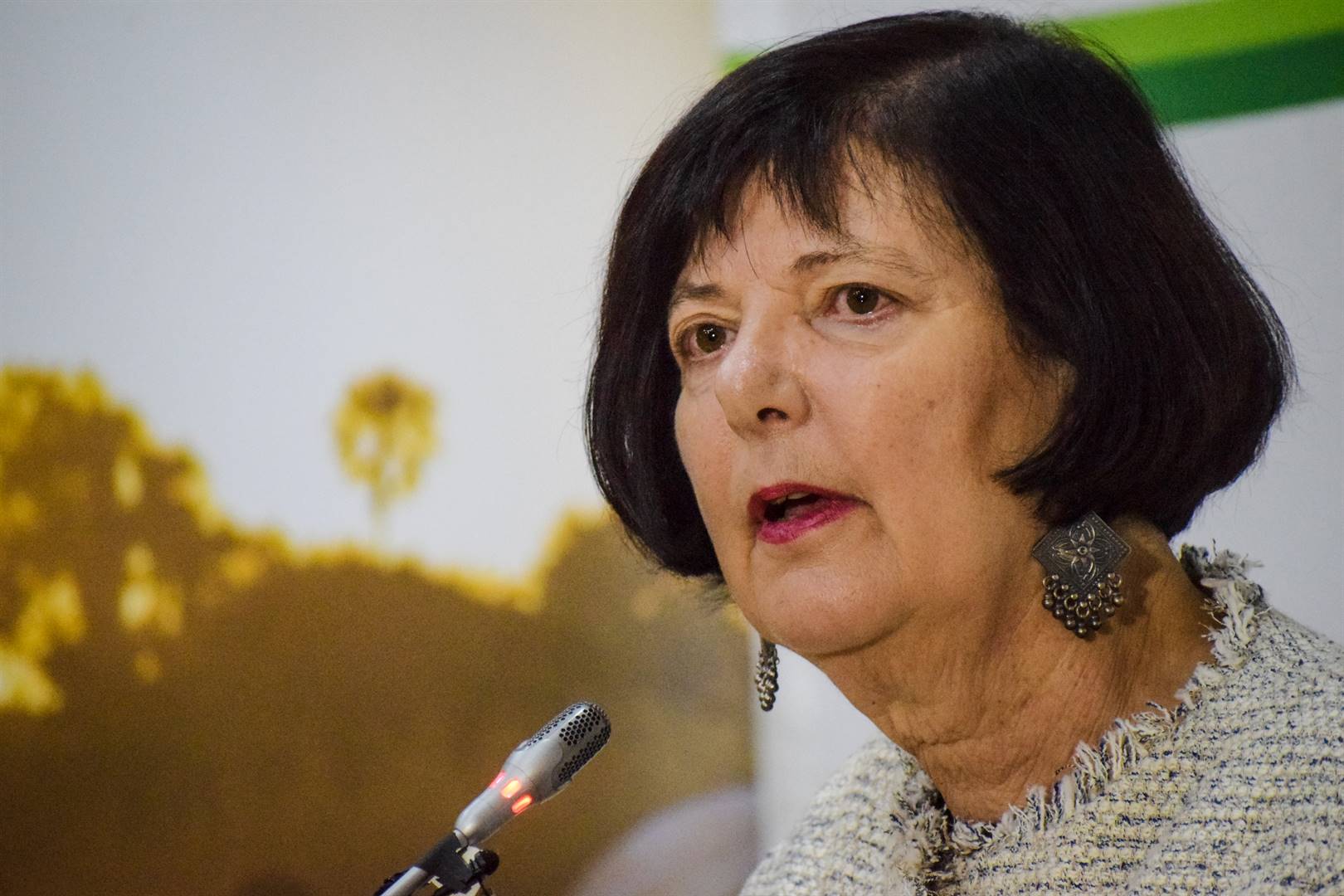
South Africa, as one of the biggest producers of platinum in the world and also endowed with many so-called green minerals of the future, has a keen interest in the unfolding discussions about Africa’s role in beneficiating and creating renewable energy industries on the continent.
Forestry, Fisheries and Environment Minister Barbara Creecy told City Press at the COP28 conference that African countries broached the subject at the Africa Climate Summit in Kenya in September.
Africa stands in a good position to blaze the trail in the green energy industry. The continent has 53% of global cobalt reserves, 25% of bauxite, 21% of graphite, 6% of copper, 46% of manganese, 35% of chromite, 79% of phosphate rock and 91% of platinum group metals, according to the United States Geological Survey.
Beyond reserves, Africa accounts for an even greater share of the current production of these minerals, including a commanding 70% of cobalt—crucial for electric vehicle batteries.
READ: Agro-processing and storage battery component industries to replace Mpumalanga coal jobs
These minerals are crucial in battery production, electric cars, wind turbines, fuel cells, and other green energy-producing infrastructure. Creecy said:
“As South Africa, we have interest because we are the second-largest producer of platinum. We also have other minerals like manganese and vanadium,” Creecy added.
According to the International Energy Agency (IEA), solar photovoltaic (PV) plants, wind farms and electric vehicles (EVs) generally require more minerals to build than their fossil fuel-based counterparts.
A typical electric car said the IEA in its report - The Role of Critical Minerals in Clean Energy Transitions - requires six times the mineral inputs of a conventional car, and an onshore wind plant requires nine times more mineral resources than a gas-fired plant.
READ: Renewables alone won’t solve our power crisis, says top US economist
“Since 2010, the average amount of minerals needed for a new unit of power generation capacity has increased by 50% as the share of renewables in new investment has risen,” the report stated.
The report added that rare earth elements were essential for permanent magnets that were vital for wind turbines and EV motors while electricity networks needed a huge amount of copper and aluminium, with copper being a cornerstone for all electricity-related technologies.
The Mineral Development Centre (AMDC), within the African Union, has also called on African countries to maximise their potential to lead in green energy. AMDC director Marit Kitaw said that it was cheaper to process the minerals in Africa than in the West or East. `
A 2021 BloombergNEF study found that the cost of producing a battery precursor plant in the Democratic Republic of Congo (DRC) was cost-effective than doing so in China, Poland and the USA.
READ: COP28: Private sector-driven green energy industries can unlock trillions for African economies
It also reduced emissions than shipping raw materials to China.
“The DRC has cheaper labour costs and proximity to cobalt. When we talk about the battery value chain in general, the raw cobalt market is worth $11 billion. The precursor battery market is worth $271 billion and when you go all the way to the battery-manufacturing, the market is worth $7.7 trillion. [By processing raw material locally], we are extending the pie, and this will trigger job creation and skills transfer,” Kitaw said.




 Publications
Publications
 Partners
Partners









